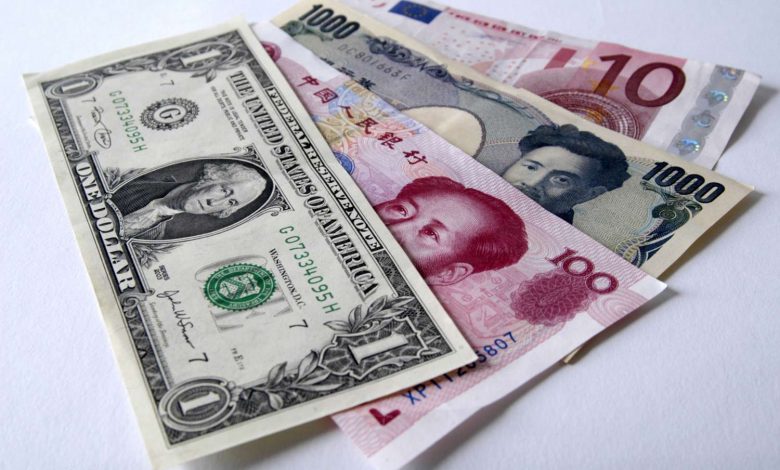Nigeria’s Economy Shows Resilience: $3.73 Billion Current Account Surplus in Q1 2025 Amid Global Headwinds

Nigeria’s economy showed resilience in the first quarter of 2025, with the country recording a current account surplus of $3.73 billion. This surplus, although slightly lower than the $3.80 billion recorded in the previous quarter, represents a 1.08% increase from the $3.69 billion surplus in the same period last year.
Key Drivers of the Surplus
- Improved Export Earnings: Total exports rose by 9.79% to $13.91 billion, driven by increased oil and gas shipments and the depreciation of the naira, which made Nigerian goods more competitive globally.
- Non-Oil Exports: Non-oil and electricity exports surged by 30.39% to $2.66 billion, while gas exports increased from $2.10 billion to $2.66 billion.
- Decline in Imports: Total imports declined to $9.75 billion from $10.05 billion in the previous quarter, reflecting reduced demand for petroleum products and other non-oil goods.
Challenges and Opportunities
- Services Account Deficit: The services account deficit widened by 12.8% year-on-year to $3.7 billion, while the primary income account posted a deficit of $2.0 billion.
- Remittance Inflows: Remittance inflows dropped by 4.1% to $4.9 billion, likely influenced by recent foreign policy shifts.
- External Debt: Nigeria’s total public debt rose by 3.2% quarter-on-quarter and 22.8% year-on-year to N149.4 trillion, with domestic debt accounting for 52.7% of the total debt stock.
Future Outlook
Experts predict that the current account surplus will narrow significantly in 2025, potentially settling at around 2.7% of GDP. The trajectory of crude oil prices remains a key risk factor, with a potential deficit possible if prices average $55 per barrel. Conversely, an upside scenario with oil prices averaging $70 per barrel could add approximately 1-2 percentage points to the baseline forecast for the current account balance ¹.
Overall, Nigeria’s economic performance in the first quarter of 2025 reflects the resilience of the country’s external sector amid global headwinds and domestic economic reforms. The ongoing fiscal and monetary reforms are expected to help restore capital inflows and promote economic stability in the long term . Write a strong headline for above article



